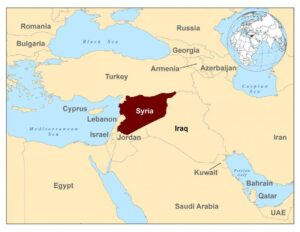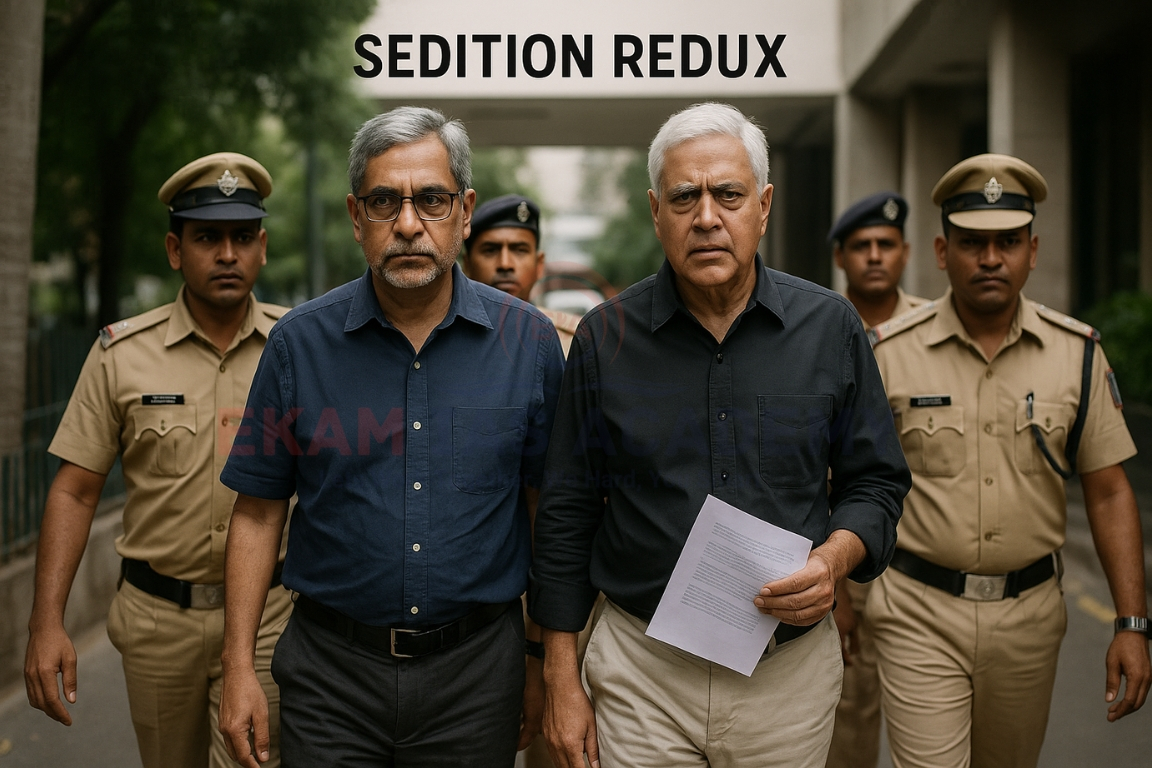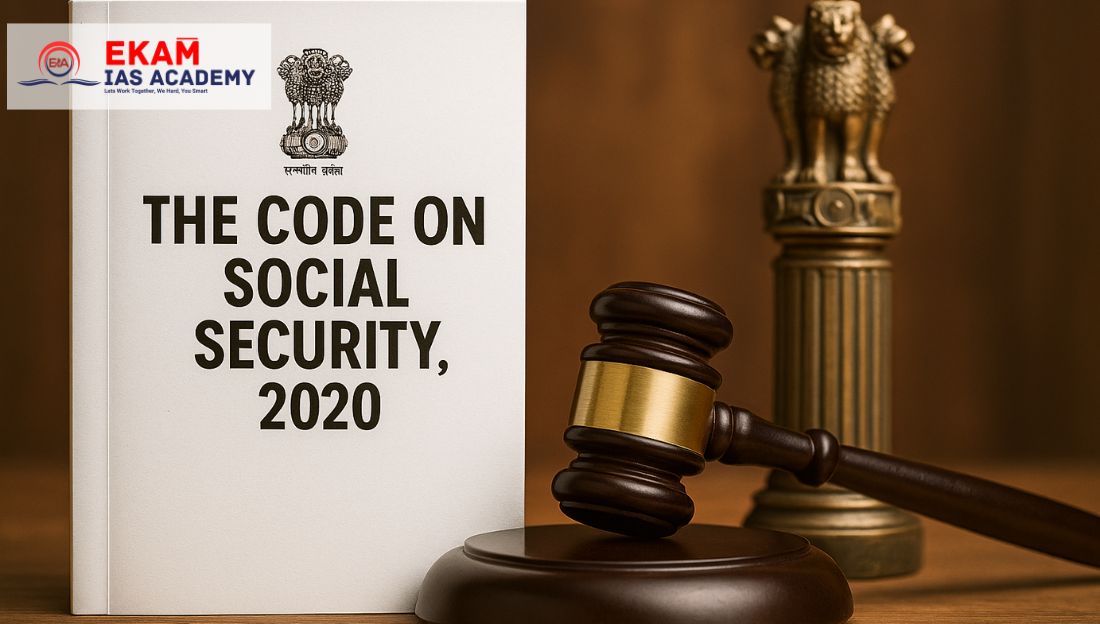In a historic shift, Syria stands at a political crossroads as its Islamist leadership under Ahmed al-Sharaa gains global recognition. The developments signal the beginning of a new chapter, yet concerns over extremism, minority rights, and inclusive governance remain central to the country’s long-term stability.
New Syrian Leadership
-
Ahmed al-Sharaa, formerly known as Abu Mohammad al-Jolani, was a prominent leader of Jabhat al-Nusra, an al-Qaeda affiliate during the Syrian Civil War.
-
His faction, now rebranded as Hayat Tahrir al-Sham (HTS), seized Damascus in December 2024, effectively ending Bashar al-Assad’s decades-long secular rule.
-
Once considered a terrorist, al-Sharaa is now being legitimized internationally, having met leaders from the United States, France, and Qatar.
Shift in International Approach
-
The U.S. lifted decades-old sanctions on Syria, paving the way for economic integration, foreign investment, and access to the oil and gas sector.
-
Arab nations and Western powers are engaging with Syria’s new rulers, eyeing regional stability and reconstruction prospects.
-
This engagement presents Syria with a rare opportunity to rebuild—conditioned on reforms and respect for human rights.
Rising Internal Tensions and Risks
Despite global support, domestic instability is far from over:
-
Alawite communities, historically aligned with Assad, faced attacks in Latakia.
-
Druze minorities have reported targeted killings, calling it a “genocidal campaign“.
-
Kurdish groups in northeast Syria continue to demand autonomy and oppose HTS’s centralized Islamist control.
-
There is a growing fear of Syria turning into another Libya or Afghanistan, with fragmented authority and perpetual violence.
The Road Ahead for Syria
To secure lasting peace, Syria must:
1. Disband Armed Extremist Groups
-
The presence of militant factions threatens national unity and state legitimacy.
-
HTS and affiliated groups must be integrated into or dissolved in favor of state-controlled security.
2. Adopt an Inclusive Constitution
-
A new democratic and inclusive constitution must be drafted, ensuring equal rights for all religious and ethnic communities.
-
Minority protections, women’s rights, and participatory governance should be legally safeguarded.
3. Implement Decentralized Governance
-
A federal or decentralized system could better represent Syria’s diverse population and reduce internal friction.
-
Such a model can balance local autonomy with national integrity.
4. Focus on Justice and Reconciliation
-
Transitional justice for victims of war crimes and sectarian violence is essential for healing and rebuilding trust.
-
An inclusive political process must involve all stakeholders, including marginalized minorities and civil society.

Background: The Syrian Civil War (2011–Present)
Origins of the Conflict
-
Began during the Arab Spring, as peaceful protests against Bashar al-Assad’s rule escalated due to violent crackdowns.
-
Evolved into a complex civil war involving rebels, Kurdish militias, and extremist groups.
Rise of ISIS (2013–2014)
-
ISIS capitalized on the chaos, declaring a caliphate in Raqqa.
-
Known for mass executions, beheadings, and global terror activities.
Global Involvement
-
Russia backed Assad with air power and advisors.
-
U.S.-led coalition supported the Syrian Democratic Forces (SDF) and fought ISIS.
-
Iran sent militias and resources to support Assad.
-
Turkey intervened against both Kurdish forces and Assad’s regime.
Defeat of the ISIS Caliphate (2019)
-
In 2019, ISIS lost its last stronghold in Baghouz, but sleeper cells continue to pose a threat.
Current Geopolitical Landscape
-
Assad retains control over large swaths, but opposition forces, Kurdish groups, U.S. troops, and Turkish presence still divide the country.
-
Over 500,000 lives lost and millions displaced.
-
The conflict deepened sectarian divisions, worsened U.S.-Russia relations, and strained Turkey-Kurdish ties.
Conclusion: Opportunity or Another Cycle of Conflict?
Syria stands at a crucial juncture. While international legitimacy and economic prospects offer hope, only an emphasis on inclusive governance, disarmament, and constitutional reforms can ensure true peace. Without addressing the core issues of justice, equality, and minority rights, Syria risks falling into another cycle of violence and fragmentation.





